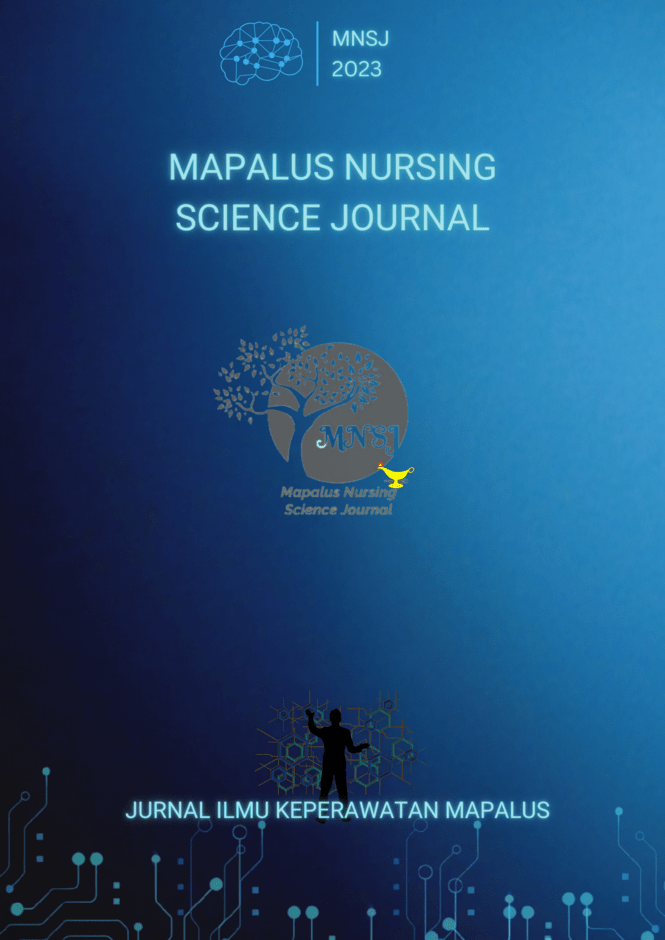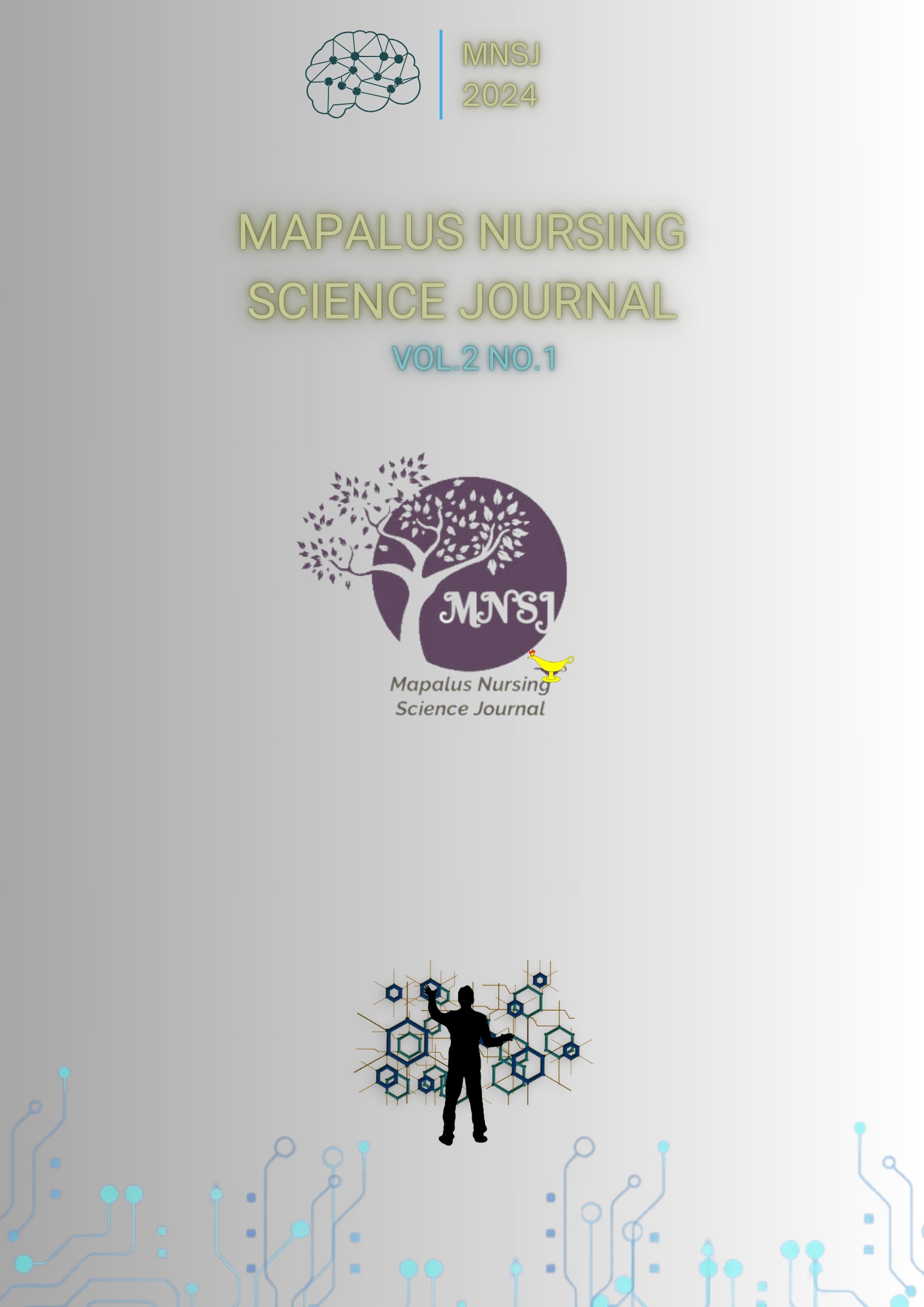Hubungan Perceived Stigma dengan Kualitas Hidup Keluarga yang Merawat Orang dengan Gangguan Jiwa (ODGJ) di UPTD Rumah Sakit Jiwa Prof.dr. V.L. Ratumbuysang
##plugins.themes.academic_pro.article.main##
Abstract
Background. Family caregivers of ODGJ can create a stressful situation, starting from the family’s unpreparedness in caring and the presence of perceived stigma will certainly have an impact on quality of life in family caregivers.
Objective. To determine the relation between perceived stigma and quality of life in family caregivers at UPTD Rumah Sakit Jiwa Prof.dr. V.L. Ratumbuysang.
Method. This study used a cross-sectional research design involving 200 respondents with a sampling method using purposive sampling technique. Data collection was done using The Devaluation of Consumer Families Scale (DCFS) and The World Health Organization Quality of Life (WHOQOL-BREF) questionnaire.
Results. Of this study showed that 99 respondents (49,5) experienced stigma in moderate category 128 respondents (64,0%) felt that their quality of life was enough. By using the Spearman Rank test, p value= 0,520 is higher than α 0,05.
Conclusion. Of this study, it was found that most respondents experienced moderate stigma with sufficient quality of life, this was influenced by several factors such as age, length of care, and assessment quality of life (phyaical, psychological, social and environmental health) so that it was sufficient to support family’s quality of life despite the perceived stigma. There needs to be sction in addressing the perceived stigma by family to maintain their quality of life.
Keywords: Perceived Stigma, Family Quality of Life, ODGJ
##plugins.themes.academic_pro.article.details##

This work is licensed under a Creative Commons Attribution-ShareAlike 4.0 International License.


